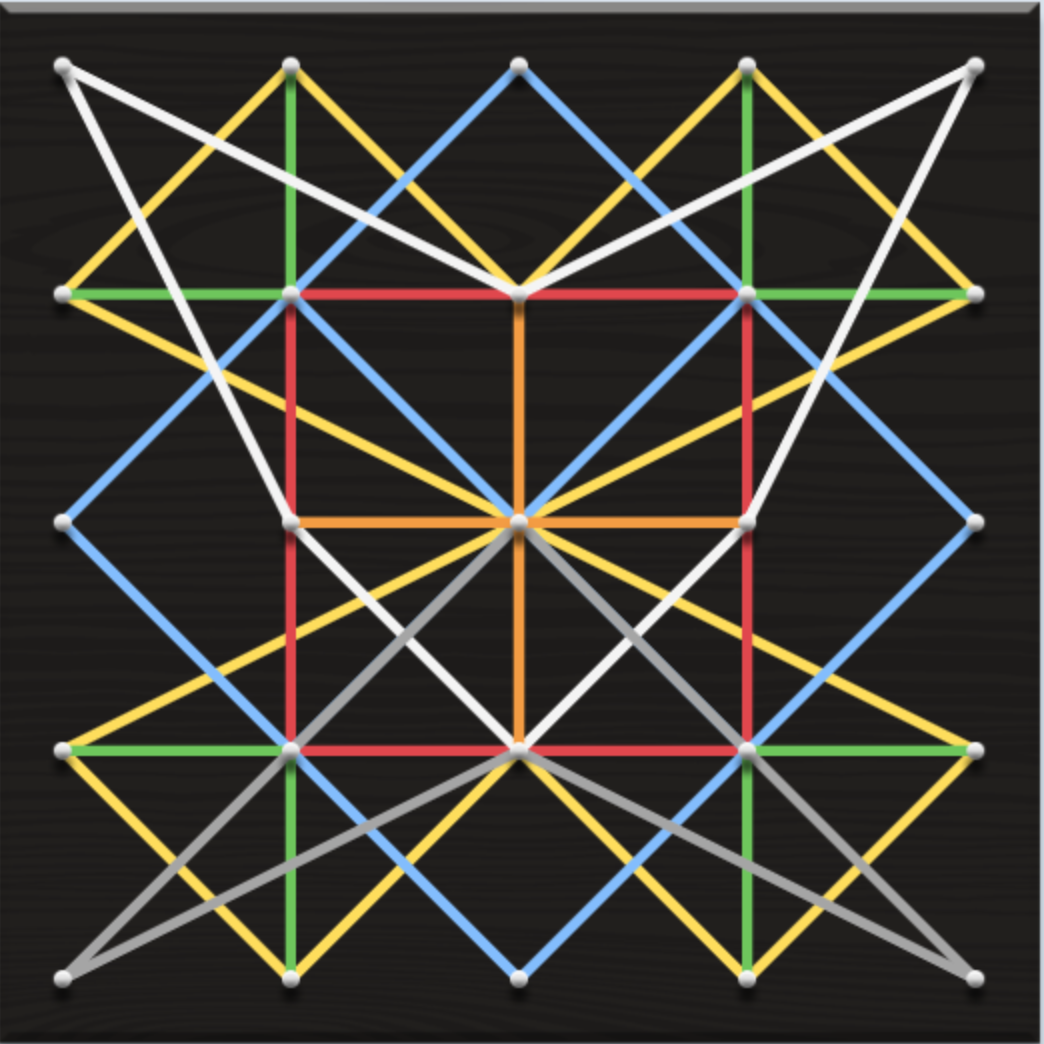- Home
- Practice
- Math & Numeracy Resources
- Virtual Manipulatives
Virtual Manipulatives
Explore Geometry topics like symmetry, design, shapes, and angles, with polygons, tangrams, kolam tiles, protractors, etc Explore Number topics like factors/multiples, place values, multiplication, number systems with prime factor circles (like a virtual Prime Climb!), number tiles, adjustable number lines, exploding dots, multiplication grids, etc. Explore Fractions topics like equivalent fractions and with fraction bars and fraction circles Use the Randomizer to spin, roll, and flip virtual uniform spinners (divided into equally-sized sections), customizable spinners, dice, and "coins" to explore Probability topics. |
Partial Product Finder by The Math Learning Center
Most of us have had students who have not yet developed fluency with multiplication facts. For most of those students, the challenge is that have been taught to think of the 12 by 12 multiplication table as 144 discrete math facts to memorize. If a student doesn't know 6x8, we want them to be be able to build using groupings they do know. For example, if I don't know 6x8, but I do know 6x2, I can use that 6x2. The Partial Product Finder helps students create visual models for breaking up numbers and using partial products. Ideal for students to explore creating area models for multiplication up to 50x50. (For an introduction, visit Using Partial Products with adult learners). |
Virtual Manipulatives from the Phoenix College Mathematics Blog This collection of virtual manipulatives includes cuisenaire rods; pattern blocks; addition, subtraction and multiplication with fractions; fractions using number lines; multiplication sieves; attribute blocks; area tiles; integer chip operations; decimal squares and more. In addition to the manipulatives themselves. For demonstrations on how to use these resources, visit the Virtual Manipulatives playlist. Videos that demonstrate math concepts using virtual manipulatives are available in the Whole Numbers , Integers , Fractions , and Decimals and Percents playlists at the Mathispower4u Youtube channel. |
| The Math Learning Center Visual Models and Manipulatives: Visual models and manipulative include the interactive, virtual Geoboard, pictured here great for exploring area/perimeter, fractions, symmetry, angles, triangles, similarity, rigid transformation, dilations, visual patterns and more. Other tools include number pieces (good for place value), number charts, number lines, number frames, coins, pattern blocks, and more. |
Math Manipulative Collection from Toy Theater Includes virtual 100 charts, cubes (great for exploring volume), spinners, dice, Area/Perimeter explorer, geoboards, marble jar (great for estimation & probability), fraction/decimal/percentage strips, a thermometer (great for exploring conversions) and more. |
PhET Interactive Math Simulations The PhET Interactive Simulations project at the University of Colorado Boulder creates free interactive math and science simulations. PhET sims are based on extensive education research and engage students through an intuitive, game-like environment where students learn through exploration and discovery. Find tools for exploring area, area models, fractions, integers, proportional reasoning, mathematical equality, variables, graphing, expressions, science/math connections, probability, place value, quadratics, and more. In addition to the math sims linked above, there are Earth Science, Biology, Physics, and Chemistry sims as well. |
The folks at Visnos believe that mathematical concepts are much easier to understand when shown visually. Their activities provide interactive animated graphics to explain various concepts. If students can form a clear mental picture of what a calculation means, they are much more likely to both remember and the understand the process. The more abstract mathematical language be shown alongside the visual explanation. There are 15 different activities on the site, with more being added. Each one has a brief 4-7 minute video to introduce the activity. Here are a few examples of the tutorial videos for the number explorer (great for exploring multiplication, division, factors, square numbers, triangular numbers, etc) the Sieve of Eratosthenes, and the interactive fraction/percentage/decimal activity (which is great for those concepts as well as for probability). |
